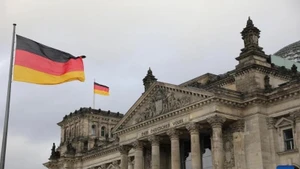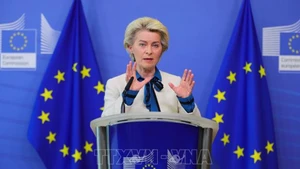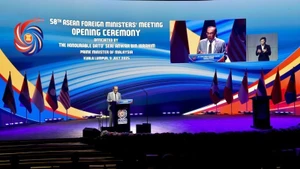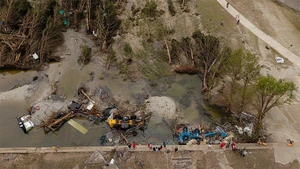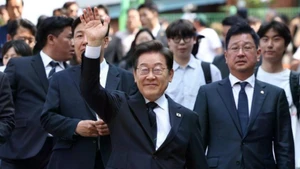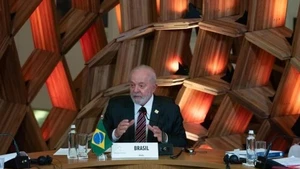According to a report by the Armed Conflict Location & Event Data Project (ACLED), the number of conflicts worldwide has nearly doubled over the past five years, from 104,371 incidents in 2020 to almost 200,000 in 2024. The number of casualties has also risen sharply, with more than 233,000 deaths recorded in 2024.
Around the world, one in every eight people is suffering due to conflict and war.
Conflicts now affect approximately one-eighth of the global population. ACLED reports that as of early 2025, about 20,000 people have died each month due to conflict, and the number this year is projected to increase by 15%.
Human life is full of suffering, but perhaps the greatest is the constant fear of one’s life being threatened. Around the world, one in every eight people endures that suffering because of conflict and war. The Buddha taught that hatred should be untied, not tightened; hatred cannot be extinguished by hatred. Only tolerance, love, compassion and selflessness (for the sake of others) can help people overcome hatred and conflict, and bring about peace and serenity.
Speeches and messages delivered at the celebration of the United Nations Day of Vesak recently held at the United Nations Headquarters in New York (the US) emphasised that the Buddha’s teachings and profound philosophy on tolerance, wisdom, compassion, and mindfulness remain deeply relevant today, continuing to illuminate humanity’s journey toward a world of peace, mutual understanding, and respect for diversity. These teachings are not only a precious spiritual and cultural legacy of humanity but also a moral foundation that can help guide global action and policymaking.
Speaking at the celebration, Ambassador Dang Hoang Giang, Head of the Permanent Mission of Viet Nam to the United Nations, stressed the profound significance of Vesak for Viet Nam, where Buddhism has been deeply rooted in the cultural and spiritual life of the nation for more than 2,000 years, embodying the philosophy of protecting the nation and bringing peace to the people. In a world facing numerous and profound challenges and upheavals, the Buddha’s philosophy of tolerance, wisdom and peace serves as a compass to help humanity overcome trials together and build a global community of solidarity, mutual respect, and sustainable development. These are also noble values that reflect the fundamental principles of the United Nations.
On this occasion, Ambassador Dang Hoang Giang proudly announced that Viet Nam had successfully hosted the 2025 United Nations Day of Vesak under the theme “Solidarity and Tolerance for Human Dignity: Buddhist Wisdom for Peace and Sustainable Development.” This year’s event carried special significance as it took place during the 50th anniversary of national reunification and in preparation for the 80th anniversary of National Day. The Head of the Viet Nam Mission to the United Nations extended congratulations to Buddhist communities around the world and called on all nations and peoples to jointly promote the spirit of tolerance, harmony and compassion to build a peaceful, just world where no one is left behind.
International opinion held that, in a context where the world is engulfed in armed conflicts and humanitarian crises, the 2025 United Nations Day of Vesak held in Viet Nam became a symbol of hope and a call for global peace. It was an occasion to honour the life and teachings of the Buddha, but also an international forum promoting the spirit of solidarity, compassion, and tolerance – the core values of Buddhism – in line with the United Nations' Sustainable Development Goals.

